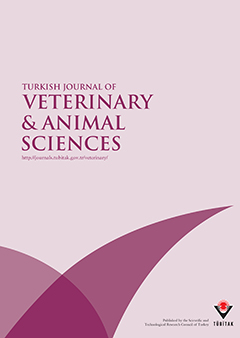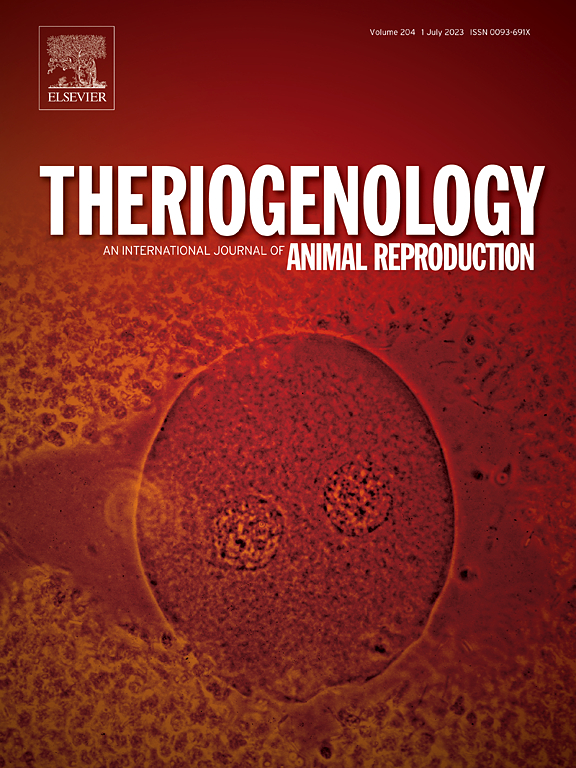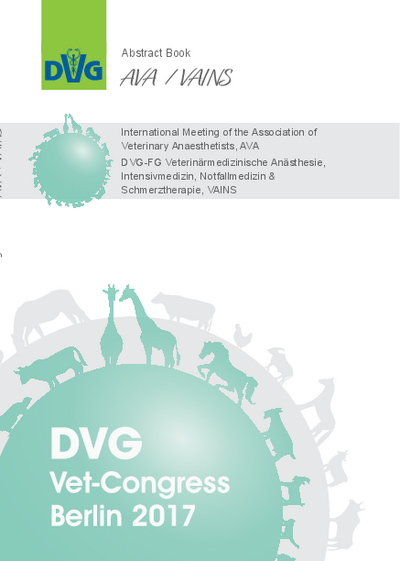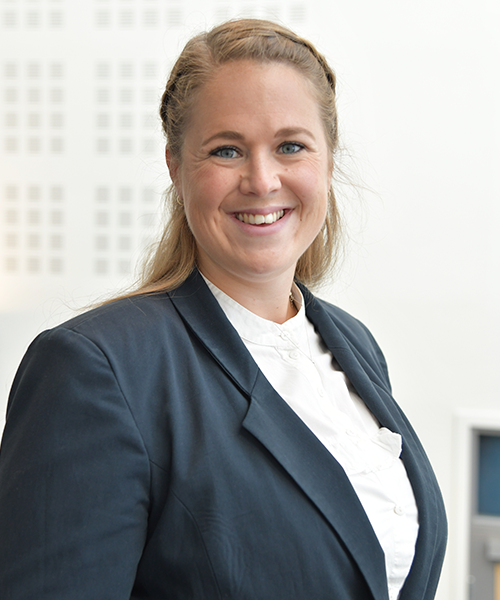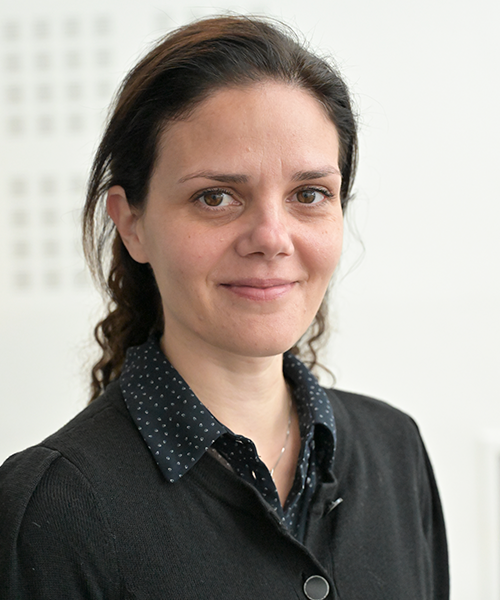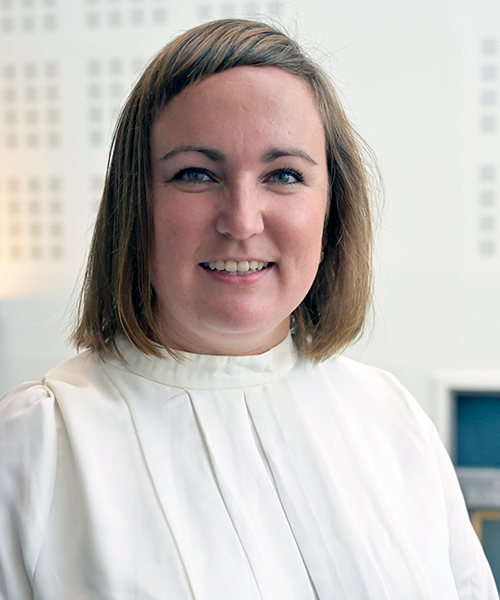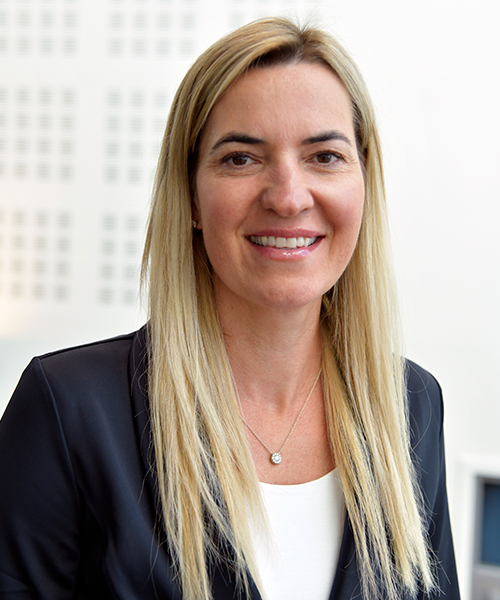New R&D Manager appointed
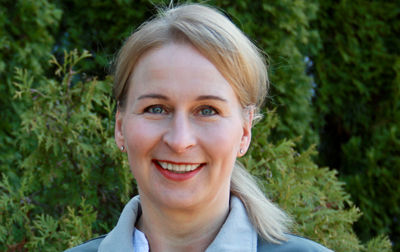
New R&D Manager appointed
We are pleased to announce the appointment of Dr. Marja Mikkola as our new R&D Manager in SpermVital.
She is a veterinarian from Helsinki University, Finland and holds a PhD from the same institution.
She will be a great asset to the SpermVital team with her broad experience on Assisted Reproduction Technologies (ARTs) in cattle, with special emphasis on female fertility and embryo technologies as well as the application of sex-sorted semen.
Her responsibilities will be to further document the advantages of the SpermVital technology as well as developing it further into new products and applications.
Great results from Austrian study
SPERMVITAL SHOWS CLEAR ADVANTAGES IN AUSTRIA
In the Flechvieh Austria magazine 6/2020, there was an article presenting the results of a Master thesis done for Genostar in Austria.
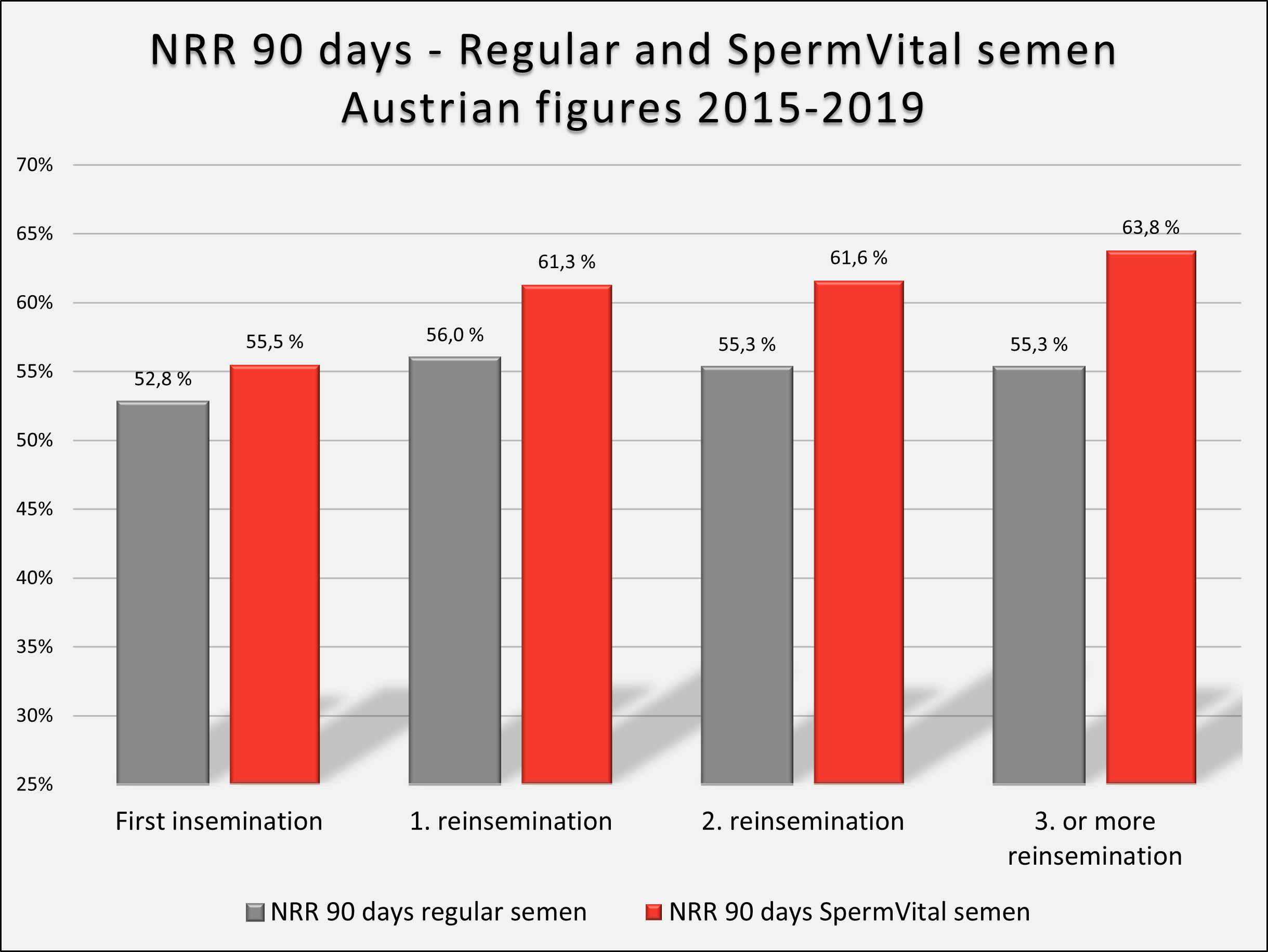
The study refers to inseminations done in herds that had used SpermVital semen in the period from 2015 to 2019.
The use of the SpermVital semen in the study show on average a 6% higher NRR on heifers and 4,4% higher on cows. The result was even greater on repeat breeders, with a difference of up to 8,5% on animals with more than three inseminations.
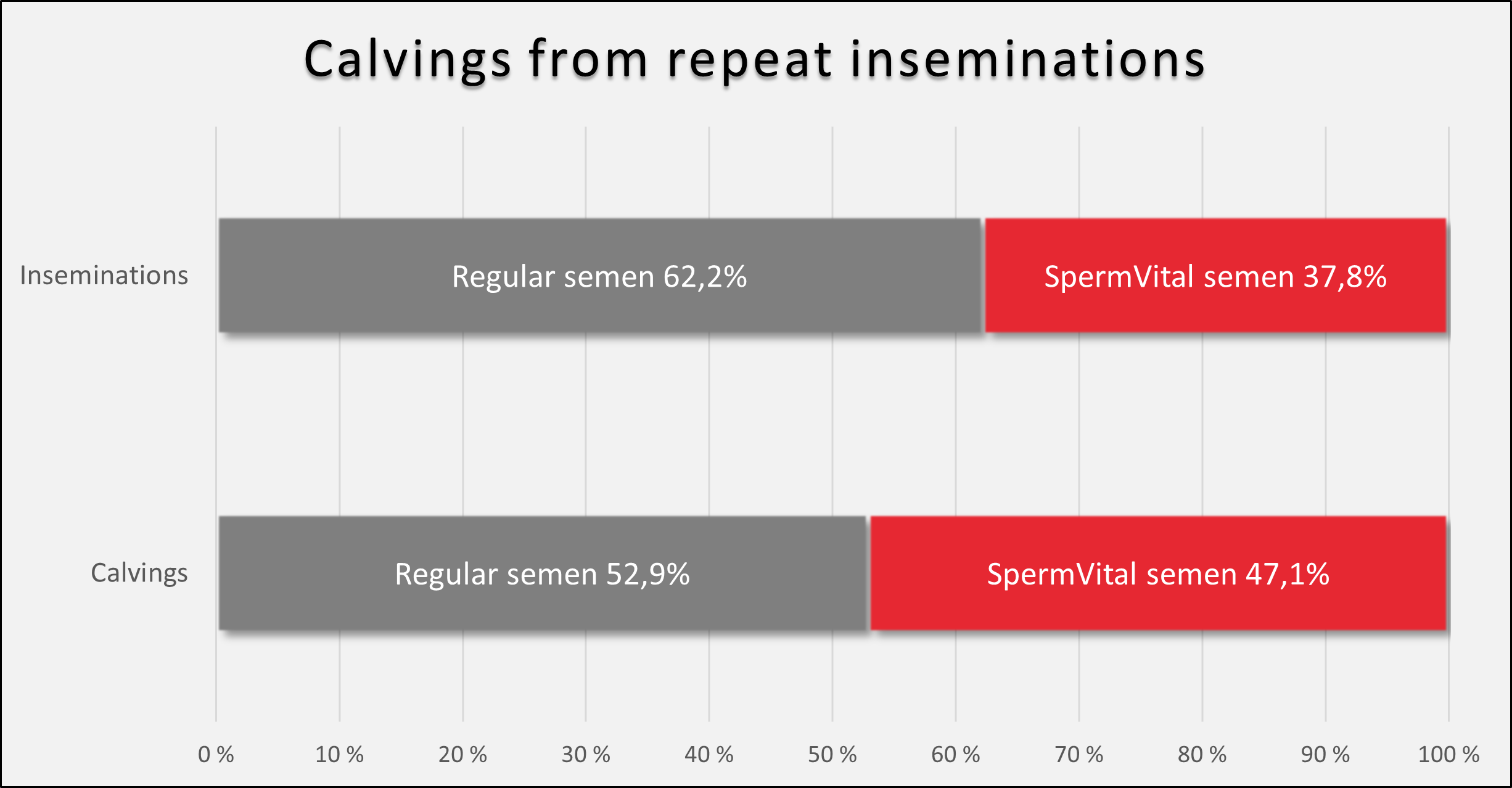
The results from Genostar supports the study done by Masterrind in 2019, which showed an advantage of 8,3% in NRR for SpermVital when inseminated early.
Vikinggenetics will launch SpermVital
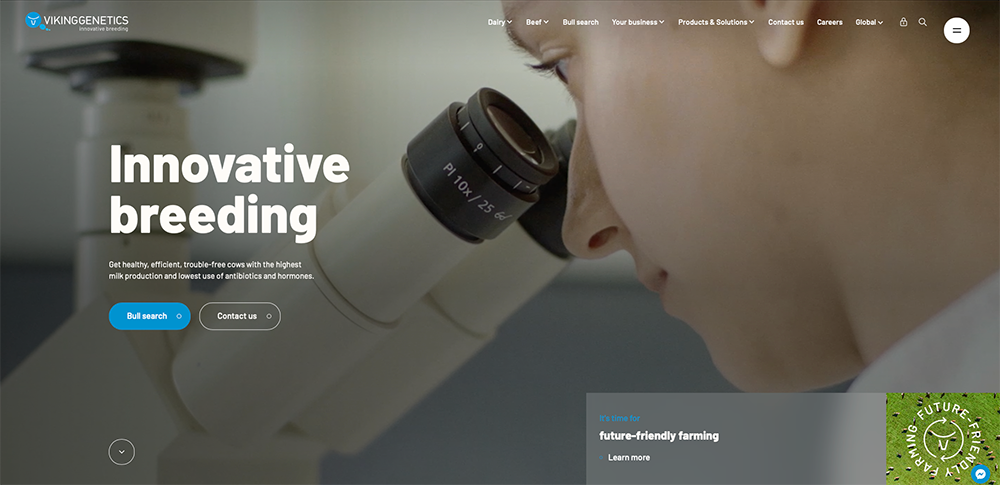
Vikinggenetics will launch SpermVital
Vikinggenetics and SpermVital have signed an agreement where Vikinggenetics will launch SpermVital's unique technology on their own genetics.
VikingGenetics is a co-operative owned by 20,000 dairy and beef farmers in Denmark, Sweden, and Finland. They are experiencing a significant demand both in the Scandinavian markets as well as in the European market for the SpermVital technology.
The SpermVital technology already has a significant market share in Europe and this agreement will give the European farmers access to the SpermVital technology on Viking genetics.
Masterrind trial demonstrate SpermVital advantage
During the summer and fall of 2019, Masterrind conducted a field trial where the purpose was to test SpermVital®-semen in comparison with ordinary semen.
The trial gave strong indications that early insemination with SpermVital®-semen has a positive effect on the Non Return Rate.
Below are the results from the trial.
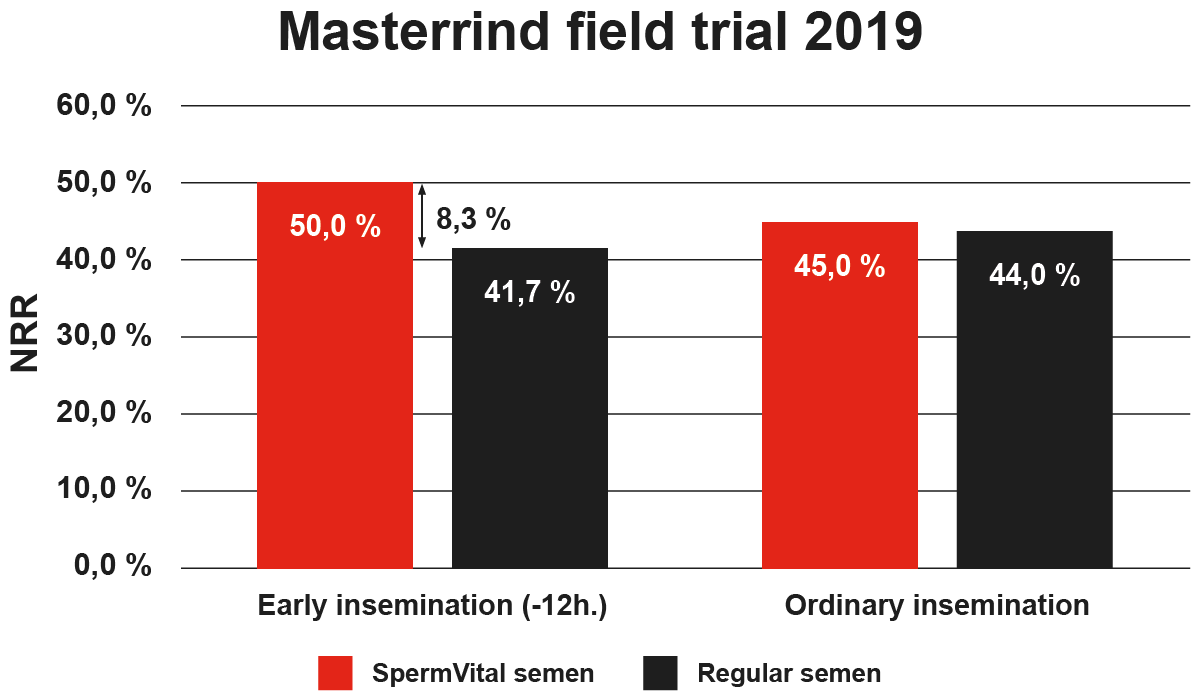
The field trial was conducted independently by Masterrind, with doses originally produced for sale. The trial included 5 farms. All farms used Heatime systems as a basis for heat detection. In total 440 cows and heifers were inseminated, divided into four groups. Based on the Heatime system, about 50% of the cows and heifers were inseminated 12 hours prior the optimal time, either with SpermVital®-semen or with regular semen doses from the same bulls. The semen was not produced as split sample doses. The other half of the cows were inseminated at the optimal time, either with SpermVital®-semen or with regular semen. Heat detection was performed by ultra sound.
The figure show:
- SpermVital semen gave a 8,3% higher NRR than ordinary semen, when inseminated early.
- SpermVital semen, inseminated early gave a higher NRR than both SpermVital semen and ordinary semen inseminated at the ordinary time.
None of the differences were statistically significant, due to the relatively small numbers in each group. However, the result indicates that the early insemination with SpermVital®-semen is beneficial, as variations in ovulation time, relative to heat symptoms, is covered by the prolonged life span of the SpermVital®-semen.
Effect of SpermVital® technology on conception rate in repeat breeder multiparous dairy cows: preliminary results.
Effect of SpermVital® technology on conception rate in repeat breeder multiparous dairy cows: preliminary results.
Published in: Turkish journal of veterinary and animal sciences.
Authors: Alper KOÇYİĞİT, Barış Atalay USLU, Sait ŞENDAĞ, Elisabeth TREUPEL, Axel WEHREND 1Department of Reproduction and Artificial Insemination, Faculty of Veterinary Medicine, Cumhuriyet University, Turkey 2Clinic of Obstetrics and Gynecology, Faculty of Veterinary Medicine, Van Yüzüncü Yıl University, Turkey 3Clinic for Veterinary Obstetrics Gynecology and Andrology, Justus-Liebig-University, Giessen, Germany.
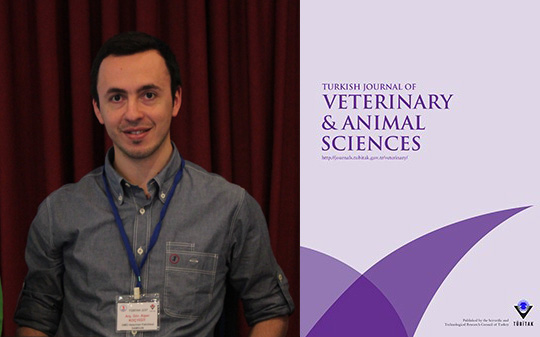
The aim of this study was to investigate the effect of SV technology on conception rates in repeat breeder multiparous dairy cows. Seventy-nine multiparous Holstein cows from a private dairy farm were used in the study. These animals were cows that had failed to conceive from at least 3 regularly spaced services (repeat breeders). Estrus cycles of the cows were synchronized by 2 injections of the PG analogue, administered 11 days apart. GnRH was applied 48 h after the second injection of PG. Twenty-four h after this administration, the animals were randomly divided into 2 groups, control and SV. The animals in the control group (n = 28) were inseminated with standard processed semen, and the cows in the SV group (n = 51) were inseminated with SV® technology processed semen. A lower pregnancy rate (35.5%) was determined in the control group than in the SV (47.1%) group. The difference between pregnancy rates in the groups was statistically significant (P < 0.05). We are at too early a stage to say that SV® Technology can fully respond to the deficiencies in herd management. This work may also lead to future studies into the use of more animal material.
Comparison of sperm adenosine triphosphate content, motility and fertility of immobilized and conventionally cryopreserved Norwegian Red bull semen
Comparison of sperm adenosine triphosphate content, motility and fertility of immobilized and conventionally cryopreserved Norwegian Red bull semen
Published in: Theriogenology volume 121, November 2018, Page 181-187
Authors: Halldor Felde Berg, Elisabeth Kommisrud, Godlove Bai, Eline Rustad Gaustad, Geir Klinkenberg, Fride Berg Standerholen, Lill Therese Thorkildsen, Karin Elisabeth Waterhouse, Erik Ropstad, Bjørg Heringstad, Anne Hege Alm-Kristiansen
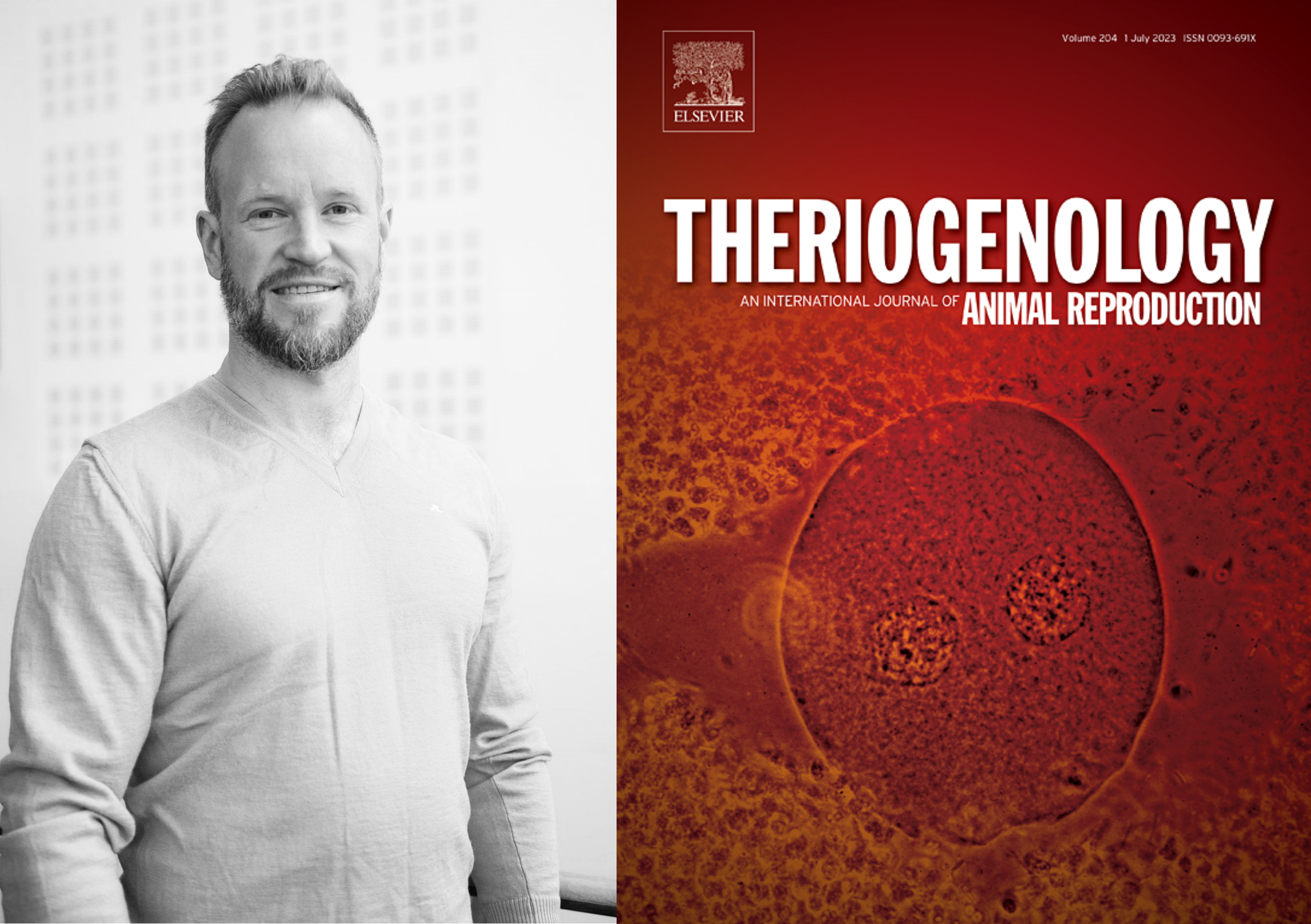
Estrus detection and timing of AI remains a challenge in cattle breeding. Prolonging spermatozoa lifespan after AI, making sperm cells available over an extended period, could make timing of AI relative to ovulation less crucial and improve fertility. Immobilization of sperm cells by the patented SpermVital technology in an alginate gel will provide a gradual release of spermatozoa after AI. The first aim of this study was to examine fertility, measured as non-return rate after 56 days (NR56), of SpermVital (SV) processed semen with reduced sperm cell number per dose compared to earlier studies, and compare with conventionally processed semen in Biladyl, a proprietary version of the egg yolk Tris semen extender. The second aim was to examine in vitro sperm quality post-thaw and after thermal stress. The third aim was to examine potential correlations between in vitro sperm parameters and NR56. Ejaculates from 16 Norwegian Red young bulls were split in three, processed and cryopreserved as Biladyl semen (B15; 15 million spermatozoa/dose) or by SpermVital technology (SV25; 25 million spermatozoa/dose or SV15; 15 million spermatozoa/dose). 1400 semen doses were produced per bull and distributed throughout Norway for a blinded field trial. Fertility was recorded as NR56 after first AI (N = 7155). Two ejaculates from each bull were randomly selected for in vitro experiments. B15 and SV15 semen samples were analyzed for motility by computer-assisted sperm analysis, viability and acrosome integrity by flow cytometry and ATP content by bioluminescence assay, post-thaw and after thermal stress. The AI trial detected no differences in NR56; least square means being 75.5% (B15), 75.6% (SV25) and 74.8% (SV15) (p > 0.05). There were no differences in total motility and progressive motility post-thaw, however, after three hours incubation at 38 °C, SV sperm motility and progressivity were higher for SV15 than for B15 spermatozoa (p < 0.05). The percentage of acrosome intact live sperm cells was higher for SV15 than B15 spermatozoa at all timepoints analyzed (0 h, 3 h, 24 h, p < 0.05). B15 semen showed a higher ATP level than SV15 at 0 h (p < 0.05), while SV15 sperm cells had higher ATP levels after 3 and 24 h (p < 0.05). No association was detected between in vitro sperm parameters and NR56. In conclusion, SV15, SV25 and B15 semen yielded equal fertility after AI. However, there were differences in sperm quality, as SV15 spermatozoa displayed higher motility, viability and ATP levels after thermal stress than B15 spermatozoa (p < 0.05).
Performance of SpermVital Technology on Pregnancy Rate in Repeat Breeder Dairy Cows
Performance of SpermVital Technology on Pregnancy Rate in Repeat Breeder Dairy Cows
Poster by A. Kocyigit, B.A. Uslu, S. Sendag, A. Wehrend
DVG-VET-Congress, Berlin, Estrel Convention Center 9-12 November 2017

SpermVital® semen can replace double inseminations.
The increased longgivity of SpermVital® semen demonstrated in field trial.
SpermVital® conducted two separate field studies in different markets during 2014 to investigate whether the SpermVital® semen had increased longevity in cows and heifers.
The studies comprised of a total of 491 animals (both beef and dairy breeds were included), randomized into two groups, and then synchronized for estrus.
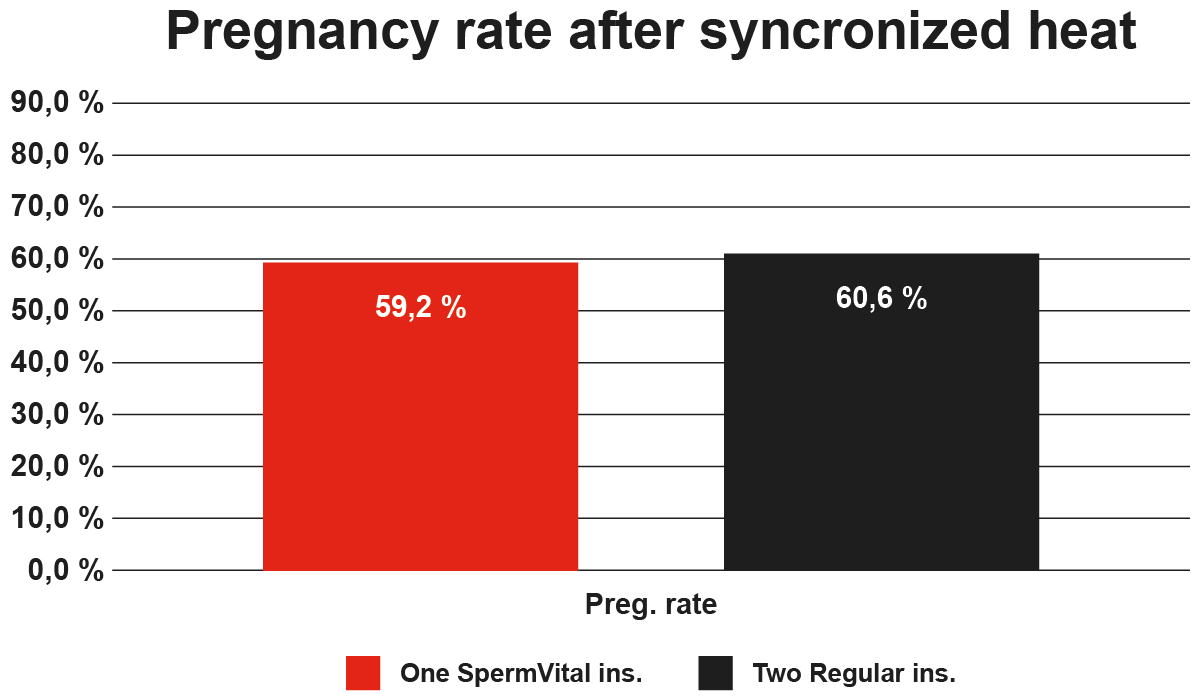
Thereafter, approximately half the cows and heifers were inseminated on day 3 after estrus synchronization with one dose of SpermVital semen. The other half were inseminated on both day 3 and 4 with standard processed bull semen.
Normally, it is expected that insemination on two consecutive days will give a higher pregnancy rate than only one insemination. The results showed that the Non return rate did not differ significantly.
The studies prove that the animals inseminated with SpermVital® semen had equally good access to fertile sperms compared to those animals inseminated on two concecutive days with regular semen. These studies support the recommendation that one dose of SpermVital® semen can replace double inseminations with standard semen. Furthermore, the studies imply that the SpermVital® technology prolongs the lifespan of sperm cells.










